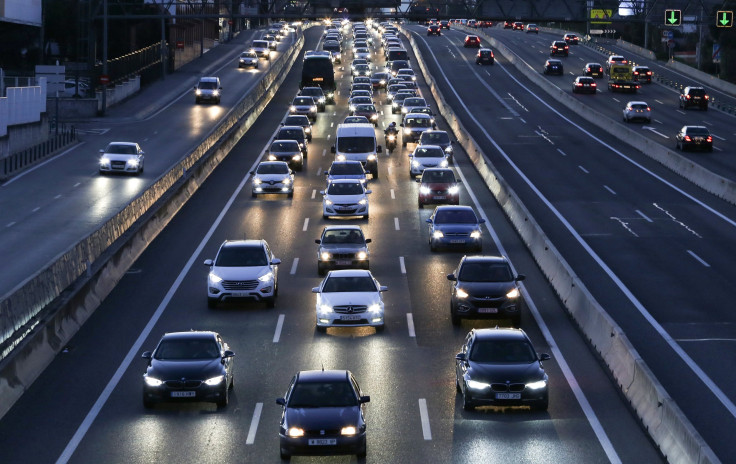How To Stop Pollution: Madrid Announces Car Restrictions To Tackle Air Pollution

Madrid announced a limit on the number of vehicles out on the city’s streets on Thursday in an effort to curb its worsening pollution rate. The city, home to 3.2 million people and 1.8 million cars, often suffers from bad bouts of pollution.
The city council said vehicles with license plates ending in even numbers would not be allowed to circulate between 6:30 a.m. and 9 p.m. Thursday (12:30 a.m. EST and 3 p.m. EST). The restrictions will be re-evaluated on a daily basis depending on the pollution levels.
“It’s not about traffic restrictions but about the important issue of public health,” Deputy Mayor Marta Higueras reportedly said. “Lots of people suffer from breathing problems and are very affected by pollution.”
The city council announced that vehicles with even-number registration plates will be allowed on roads on even-number days and cars with odd-number license plates on odd-number days. This is the first time Madrid has introduced such a restriction, which is a popular method of curbing pollution in other European cities.
The restrictions will go into force on days when the level of nitrogen dioxide in the atmosphere crosses 200 micrograms per cubic meter in at least two measuring stations for two consecutive days and if the air is unlikely to clear immediately.
Exceptions to these restrictions include buses, taxis, emergency vehicles, mopeds, hybrid cars, cars with three or more passengers and cars used by people with disabilities.
The council has also introduced other measures to tackle air pollution, which came into force Wednesday. These measures include a ban on street parking for non-residents and reduced speed limits. Taxis and cars with zero emission levels are exempt from the parking ban.
Officials also vowed to increase the number of buses on days when restrictions are in effect.
The mayors of Madrid, Paris, Mexico City and Athens said earlier in December that they would ban all diesel vehicles in their respective cities by 2025 and “commit to doing everything in their power to incentivize the use of electric, hydrogen and hybrid vehicles.”
“The quality of the air that we breathe in our cities is directly linked to tackling climate change,” Madrid’s Mayor Manuela Carmena said at the biennial C40 meeting of city leaders in Mexico. “As we reduce the greenhouse gas emissions generated in our cities, our air will become cleaner and our children, our grandparents and our neighbors will be healthier.”
© Copyright IBTimes 2024. All rights reserved.












